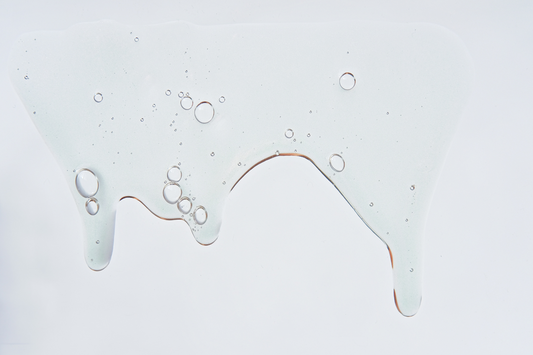When it comes to vitamins and supplements, many women wonder: can women take the same supplements as men? The answer is mostly yes, but there are some important differences in dosage and nutrient priorities. Let’s break it down.
Shared Needs Between Men and Women
Most vitamins and minerals—like vitamin D, vitamin C, B12, magnesium, zinc, and omega-3 fatty acids—are equally important for both men and women. Collagen, probiotics, and protein powders also benefit both, regardless of gender.
These nutrients support overall wellness, immunity, and energy production in the same way. In other words, the basics are universal.
Where Women’s Needs Differ
Even though many supplements overlap, women often require different amounts of certain nutrients:
- Iron: Women of childbearing age need significantly more iron (18 mg daily) compared to men (8 mg) due to menstrual blood loss. Postmenopausal women, however, may not need extra iron.
- Folate (Vitamin B9): Women planning for pregnancy or of reproductive age need higher folate intake to prevent birth defects.
- Calcium & Vitamin D: Needs rise after menopause to protect against osteoporosis.
- Prenatal Formulas: These are designed for women before, during, and after pregnancy—men don’t need them.
What Women Should Avoid in Men’s Formulas
Some supplements marketed specifically to men may include ingredients that aren’t ideal for women, such as:
- High-dose zinc blends: Men’s products often include more zinc for prostate support, which may be unnecessary for women unless a deficiency exists.
- Saw palmetto (in men’s prostate formulas): While saw palmetto is often used for prostate health in men, women may see benefits for hormone balance and hair health when it’s included in the right formulation. The key is dosage and purpose—a hair-support formula for women isn’t the same as a men’s prostate blend.
- Testosterone boosters: Not appropriate for women, and sometimes unsafe.
Practical Tips for Women
- Multivitamins: Choose one designed for women—it will have the right balance of iron, folate, and calcium.
- Protein & Collagen: Gender-neutral—pick based on your goals, not the label.
- Targeted supplements: Add vitamin D, omega-3s, or magnesium if your diet or bloodwork shows gaps.
✨ Bottom line: Supplements don’t have to be gendered, but the right amounts matter. Choosing products tailored for women ensures you’re getting exactly what your body needs.



